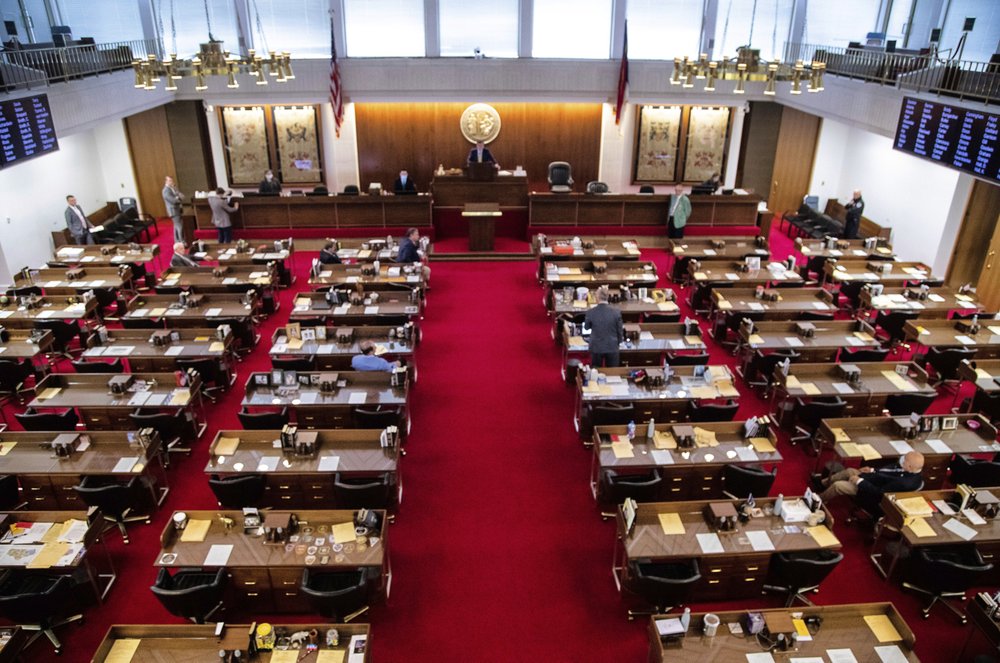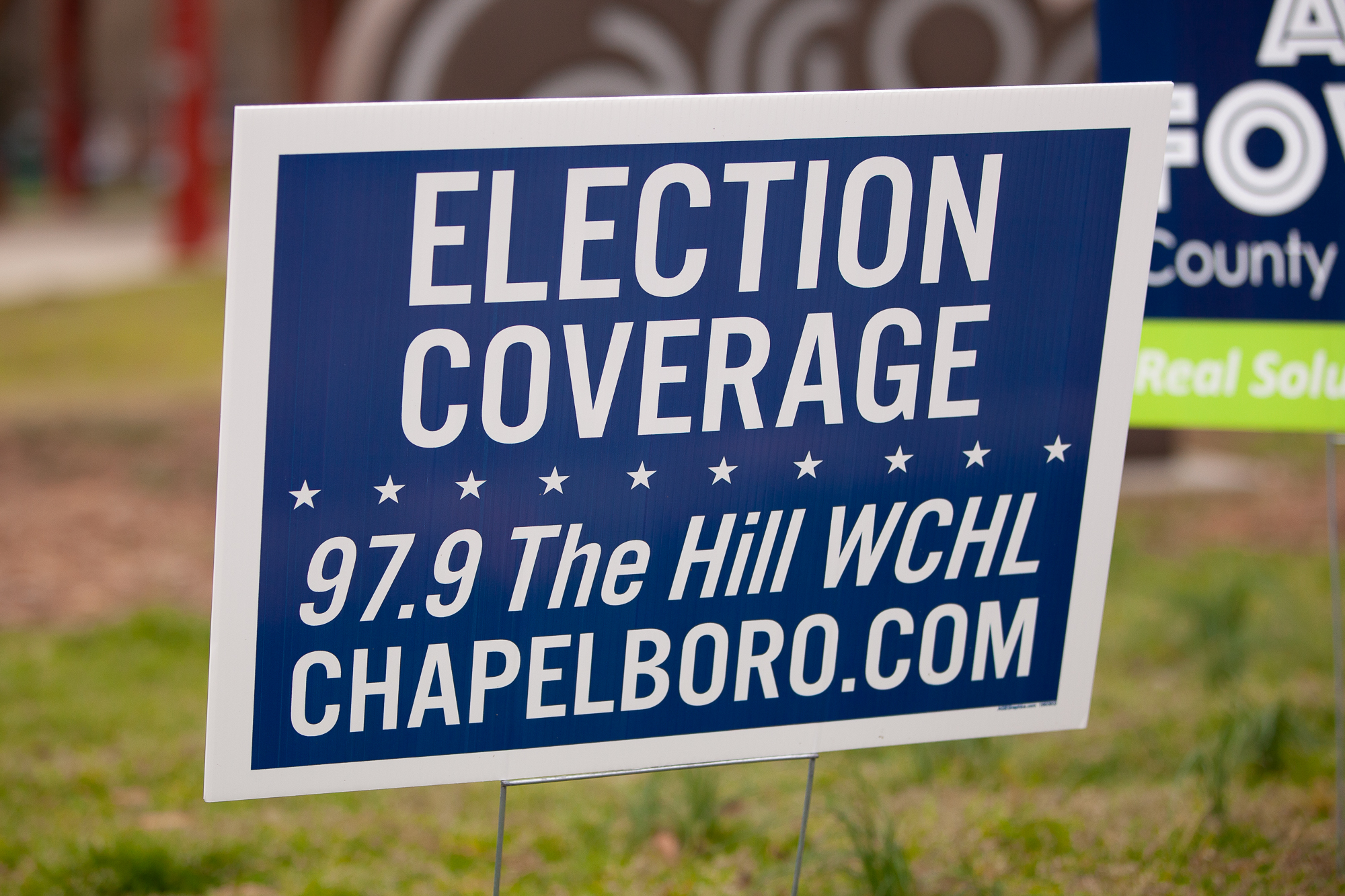North Carolina’s even-year primary elections are moving from May to March and police will get a new tool to track illegal opioid transactions with Gov. Roy Cooper signing nearly 30 bills into law.
Cooper announced Friday he’s signed one-third of the more than 75 bills on his desk that must be acted on by either Sunday or Monday. Bills neither signed nor vetoed by the deadlines become law automatically.
The primary date shift begins in 2020 for presidential primaries, along with races for governor, congress and scores of federal, state and local positions. Lawmakers set a March 2016 primary so presidential candidates would pay more attention to North Carolina.
The opioid measure allows an investigator to get records from the state’s controlled substance database without a warrant or court order.







